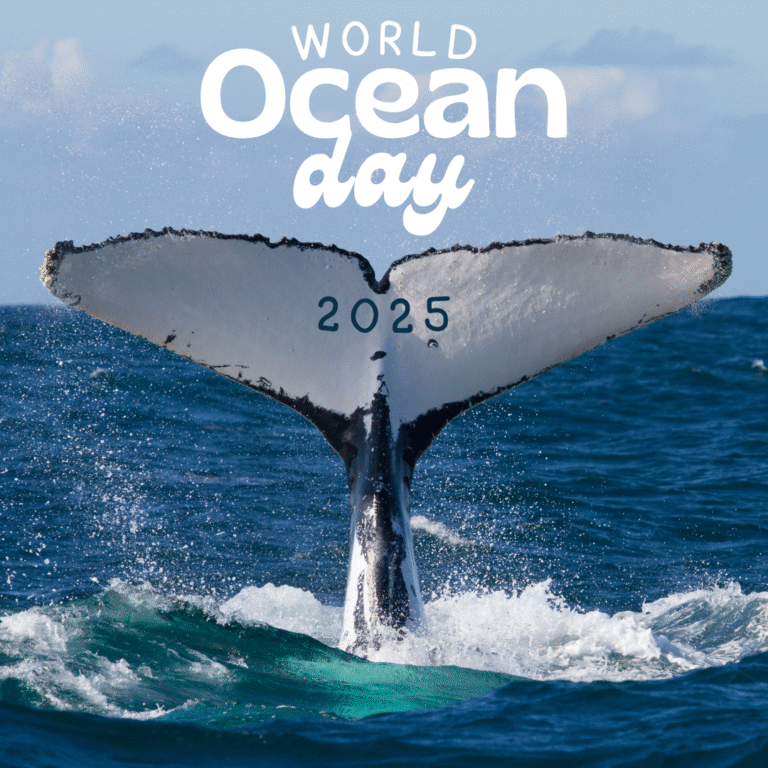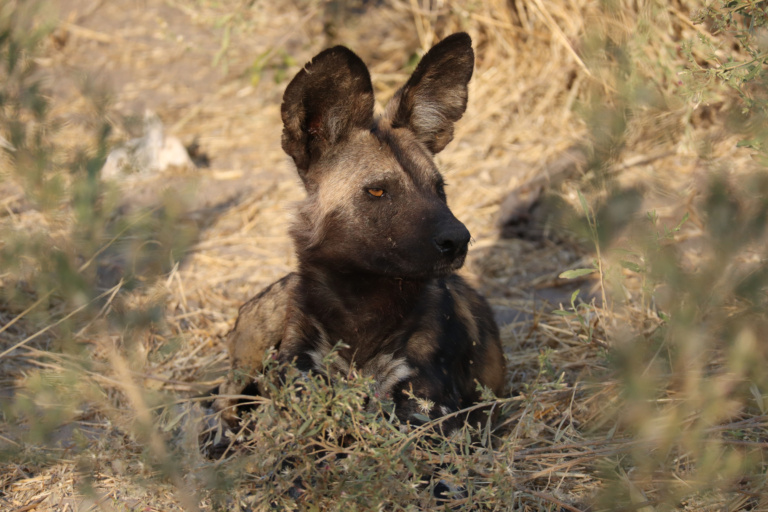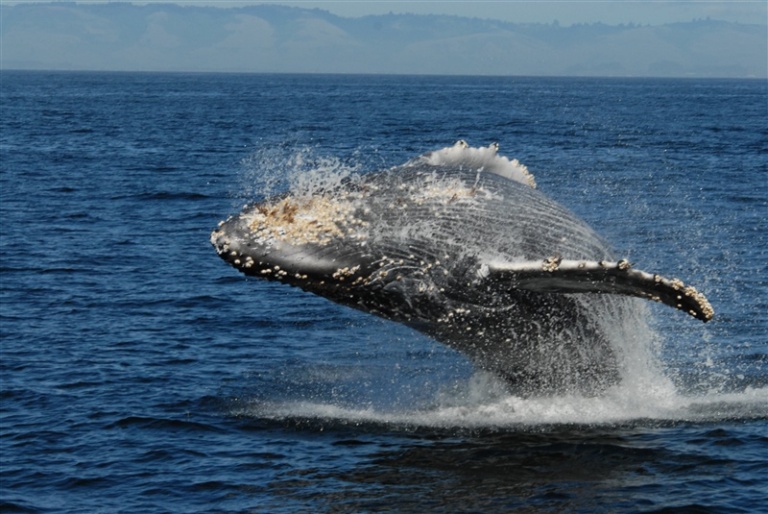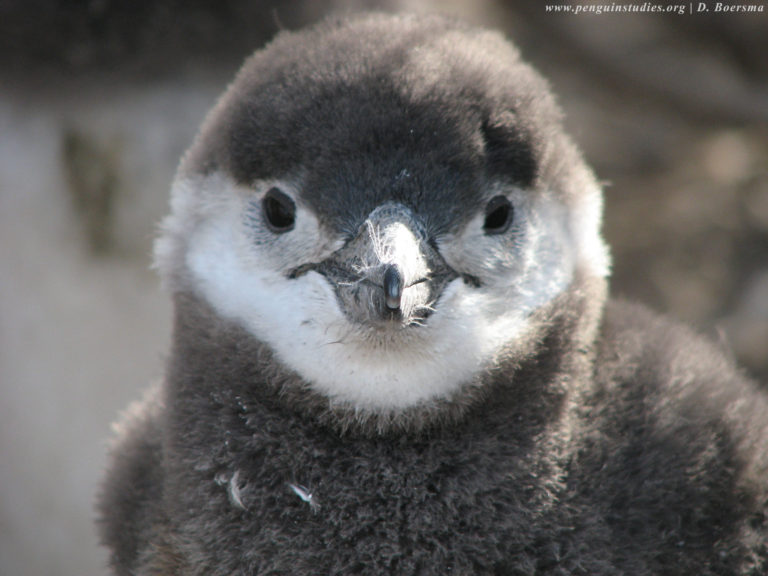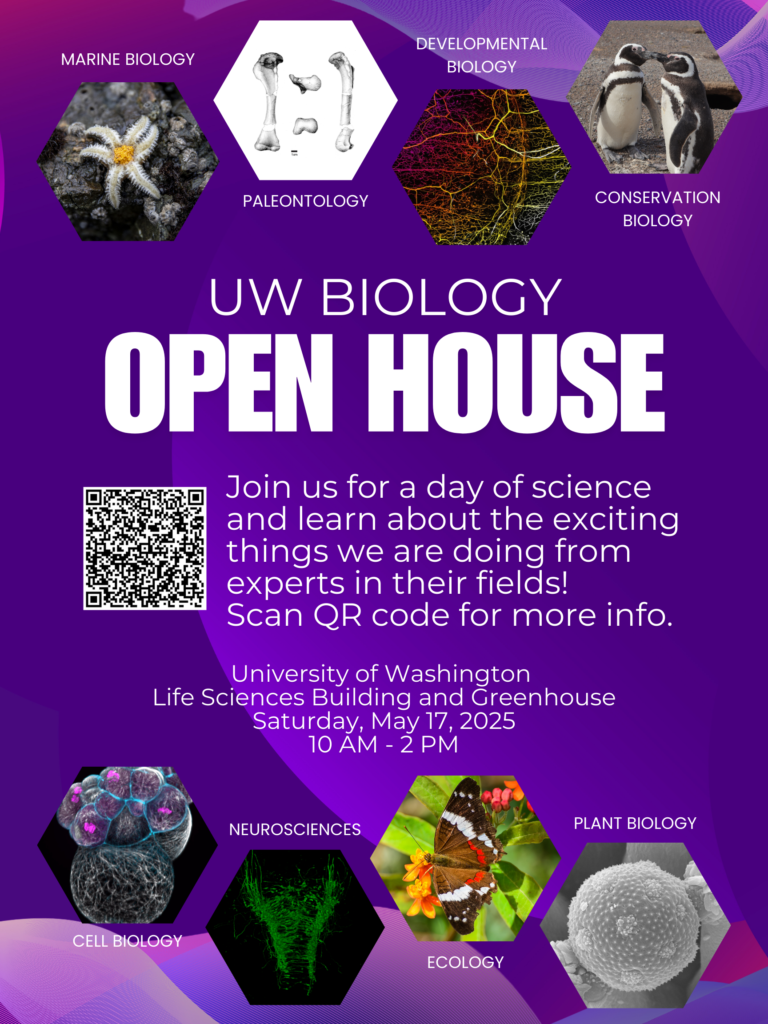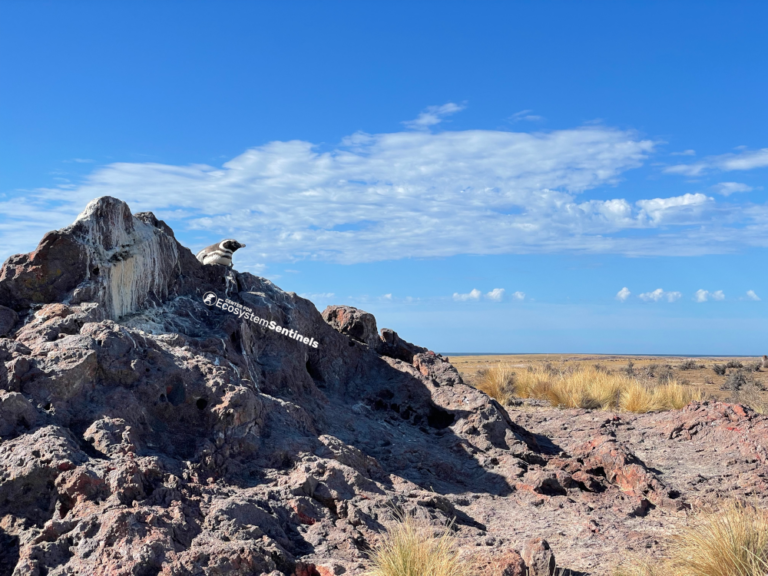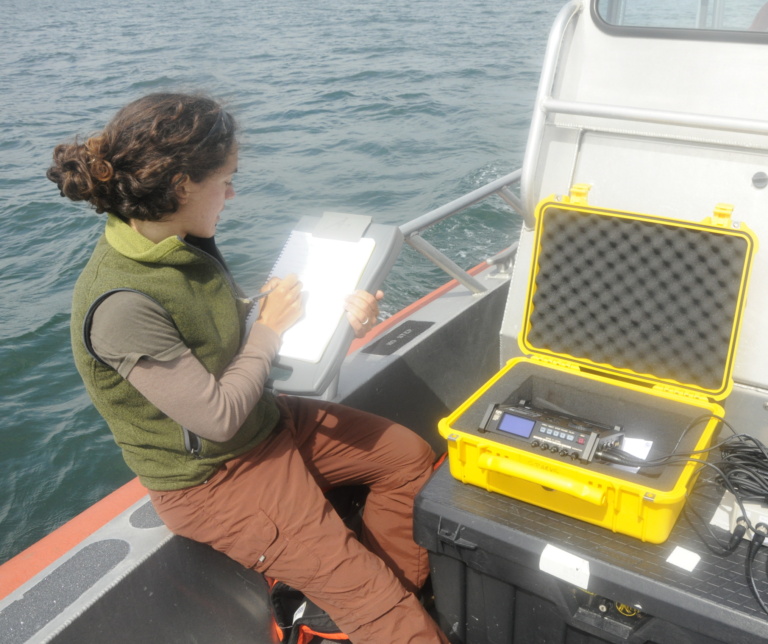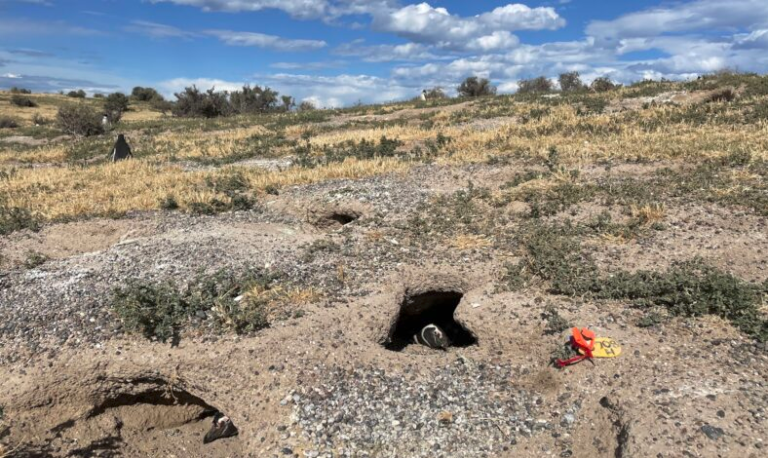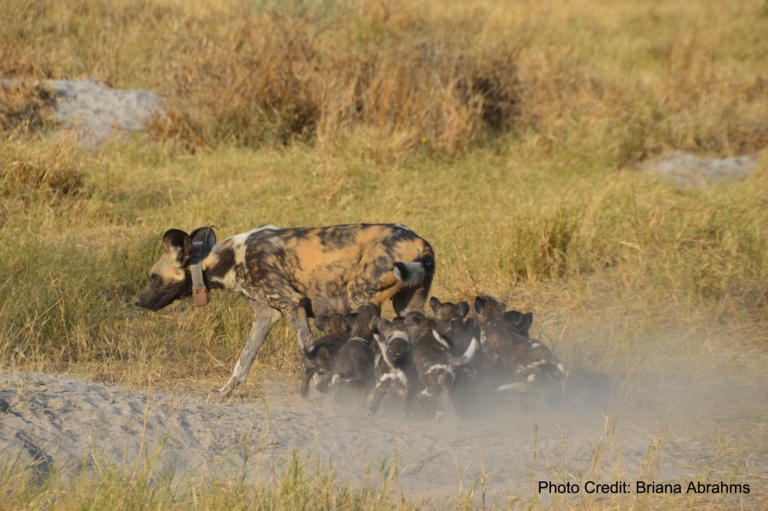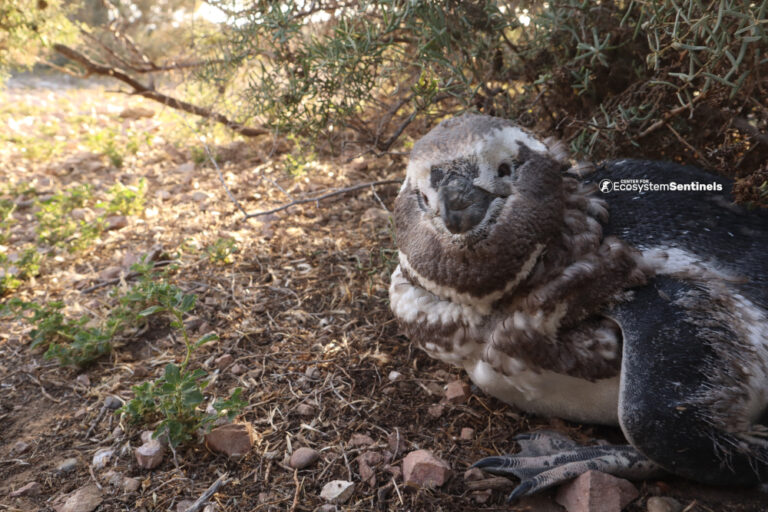World Ocean Day 2025
World Ocean Day 2025 is year two in a multi-year action theme: Catalyzing Action for Our Ocean & Climate. Many students from Dee’s Video Storytelling class have been inspired by the ocean and featured them in their videos. Favorite ocean-themed videos 🌊Our global mean sea level has been rising as far back as the 19th century. Sea level rise impacts […]
World Ocean Day 2025 Read More »
